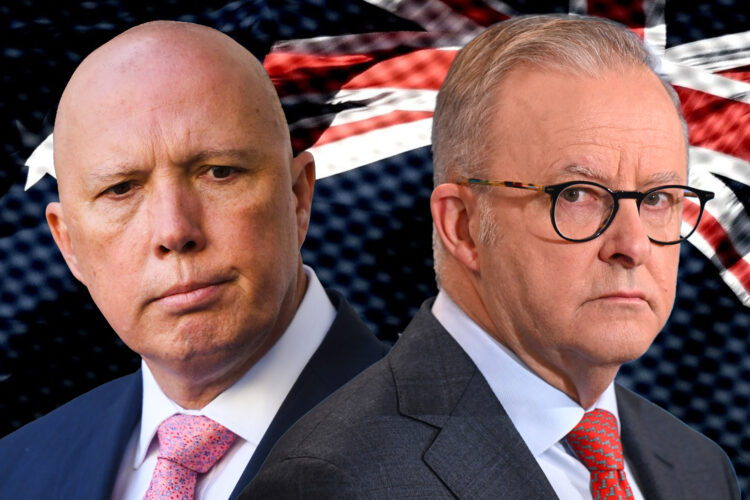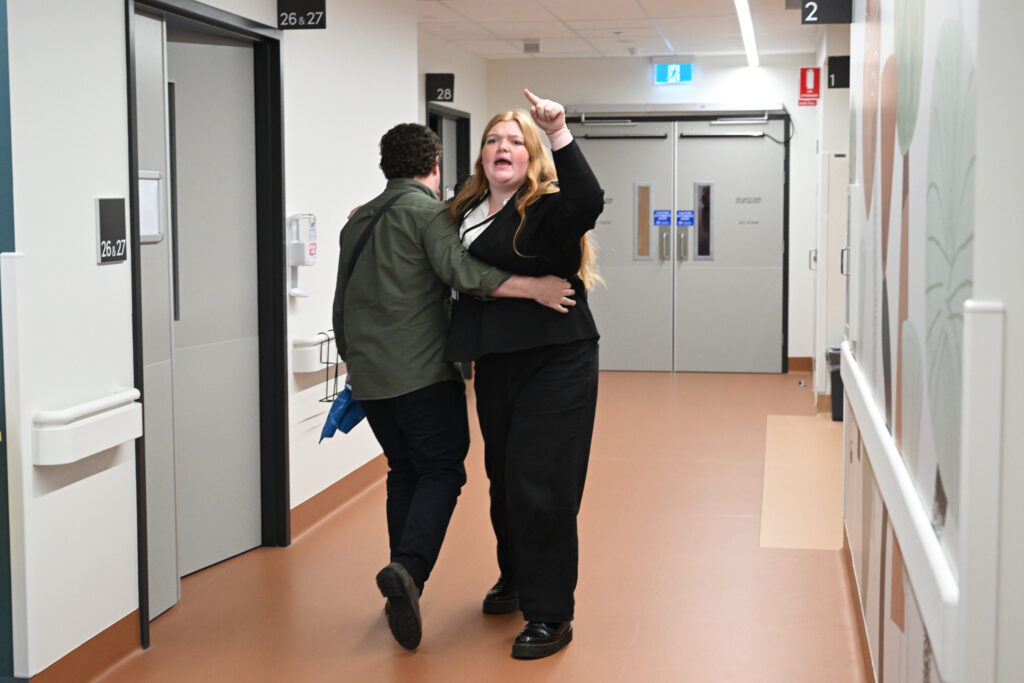Glenn mentioned one of the local ABC interviews with an ACT Liberal candidate, Will Roche this morning.
But there was another interview that Saskia Mabin had with ACT Liberal senate candidate, Jacob Vadakkedathu this morning where the quiet parts on the 41,000 public service sackings the Coalition have promised, were made clear. Vadakkedathu is a former public servant who now runs a private consulting agency, that has done work with governments.
Q: On the job cuts. Peter Dutton has been saying he wants to cut the 41,000 jobs that have been added by Labor, he has pointed to wanting to make those job cuts primarily from Canberra. Is that frustrating for you to hear that? I mean, your leader is not making it easy for you to be elected here in Canberra.
Vadakkedathu:
Look, as I’ve been a public servant, I worked in public servant for 14 years and I know how public service works and they’ll really work hard and they’ve made a good contribution to the government providing advice to the minister and the government.
Look, we made it very clear, and Shadow Treasurer made it very clear yesterday that we will deal the public service cuts, reducing the public service through natural attrition. I mean, it’s not in a sacking or termination. We will deal it gradually through natural attrition or a period of time.
Q: Is that possible? When you’re talking about 41,000 jobs though, that’s quite a lot to be dealing with through attrition.
Vadakkedathu:
Not all 41,000 jobs are based in Canberra. Not all 41,000 are based in, we’ll ensure that the frontline services are delivered. We are not going to cut any frontline services, but we will reduce the other numbers or a period of time through natural attrition. And let me make it very clear, those 41,000 are not all based in Canberra.
(Dutton has said they will all be in Canberra. The Coalition have been unable to confirm they will be through natural attrition and have said they are looking for value for money)
Q: Do you agree then that there should be significant cuts though to the public service in Canberra because this is the home of the public service?
Vadakkedathu:
Yeah, no, as I said, Saskia, we are not cutting the public service. I mean that terminology, I mean, we are reducing the number where it was before Labor took over.
Q: Okay, well that’s semantics. So reducing the number is quite similar to cutting the number. Let’s use reducing the number then should it be
Vadakkedathu:
Reduced, reducing the number where it was through a natural attrition.
Q: Okay. And that’s important. Do you think the public service needs reduced numbers?
Vadakkedathu:
Where it was before Labor took over, it was I think around 170,000. So that’s where we are looking at and we deal it through natural attrition. We are not going to sack anyone on the very next day when we form the government. We are not going to do that. We are not going to terminate anyone on the very next day. If we form the government, we will deal it through natural attrition. And as the Shadow Treasurer mentioned yesterday, yes, we deal through natural attrition over a period of time and we are not going to sack anyone.
(This is not what Bridget McKenzie or anyone else has said. Including Peter Dutton)
(Continued in next post)


